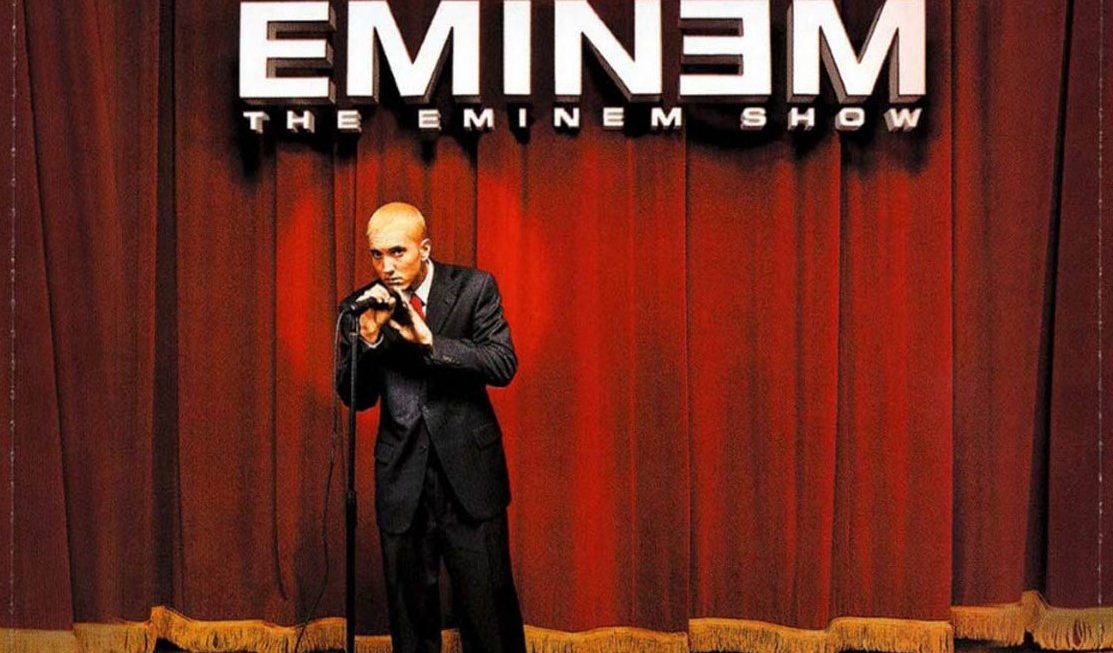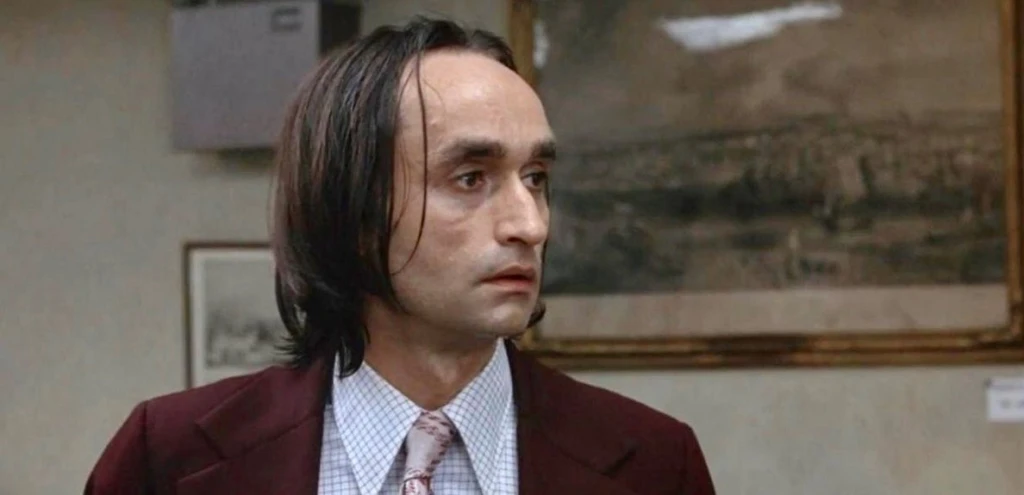Amy Winehouse felt like a bomb. Like it was amplified. As if words came from pain alone. As if she tried all the unlikely, but only if it hurts, as if she loved without thinking who actually contributed to killing her. Because she actually hated herself, loving only those who could destroy her, inside the black spin of fame.
Amy, the girl behind the name (2015), documentary by Asif Kapadia, has not been released anywhere in Italy unless sporadically distributed by Nexo Digital.
After the documentary on Senna (2010) the pilot, awarded at Sundance Film Festival in United States, Kapadia tells the brief and turbulent life of Amy Winehouse, a fragile, so fragile girl, a singer-songwriter, charismatic as a lioness. A child who badly suffered the absence of the father and the weakness of the mother and a girl who, in eight years of career, embraced and mixed eight genres, starting from jazz and its blues undertone, soul, white and neo soul, contemporary R&B, rhythm and blues, reggae. It was just her voice that supported her, even though she never believed in it too much, only her passion saved her as long as it could. Around some friend. For the rest, a hidden bulimic girl that didn’t accept her body, so she begins to mistreat it, already exhausted, into a spiral of alcohol and drugs that can only become more and more tight for a girl who never respected herself.
Even love, the highest feeling, in Amy becomes black, gloomy. Photos with her and her husband Blake say a lot. Two tormented souls. Friends tell, “When she took drugs, she did it like one who wants to disappear,” said the rapper Mos Def.

A fact is that the family rejects the documentary, saying it’s “misleading and contains lies”. But shots and photos are real. And issues seem to emerge from them. For example, the fact that Amy loved a father who magically reappeared when she became rich and famous, and a husband, who magically reappeared when she became rich and famous. A father who admits another fact: it was a mistake to not having forced her daughter to the first rehabilitation, “on the other hand Back to Black would never come out”. Indeed. Love is a losing game, the third single that made her globally famous, marked also, for her father, the beginning of his actor’s career in a tv series. Faced with such a statement, you’re surprised: you cannot say it’s false, but maybe a father should not say it…?
The same dad that one day comes to St. Lucia with a troupe following him. Amy has been “retiring” on the island for months, away from press and paparazzi that usually besiege her. “It’s a long time since I saw Amy”, he says, “we have to talk about a lot of work.” Then we see Amy expressing disapproval of what he is doing, the fact that he always show him and her off. At the same time close (and then in jail) she has another “negative person”, a husband who always seems ready for any guest spot, companion of all the possible drugs. Crack, cocaine, amphetamines, heroin… and she starts to do concerts where she has to slap on her own face to be able to sing. Until her last concert in Belgrade, in silence. The one which had to relaunch her in a normal life. It was her idea, but then she told her father she didn’t want anymore. She couldn’t do it. They put her on the stage anyway. While the anger of the crowd mounted, she ran and crouched in the stage. She hugged her musicians. It looked like a little girl, a wounded animal that no longer has any shame.
But the point is. What kind of life is a life spent defending from the eyes of others, that you cannot make a round that you are assaulted, that you cannot do anything that you are branded, and everyone feels free to say anything about you? Really is this the beautiful life of the famous people, that everyone envies? Beyond the weaknesses of Amy, such a life shouldn’t be desirable, it’s completely unnatural. It has also recently been discovered by an Australian research: being famous can shorten life because there’s a much higher stress level than normal. And Amy knew it: “If I became famous I don’t know how I would react, I would probably become crazy“. She laughed, she was 20 years old, just discovered with her first song, Frank, when she already declared she needed a strong man close by.

She loved these “strong” men, until she got hurt, until she depended on them in and for everything. The only one who could have saved her, perhaps was met too late. The Body and soul experience, the duet with Tony Bennett, the last American crooner, her idol when she was young, seemed to recover her in the last stage. “A man of other times”, really strong, but kind and quiet, who would have told her “life teaches you to live if you have enough patience to live long”.
But Amy was bored to death in that new life of fame, empty of sincere relationships. She had come to the point of not feeling anything anymore. “Without drugs”, alcohol at least, the one that actually killed her, “everything is so boring”, she confided to a childhood friend whom no longer hanged out with. She brought her behind the scenes to tell her this, just after she was named as Grammy Award winner.
Perhaps only her songs remain to speak clear. In an interview she stated that she could only write about what she was living directly. Amy Winehouse just sang her story, failed loves, “games to lose”, depressions, drugs, rehabilitations. Even the videos said everything, including clinics and empty bottles on unmade beds. As then, in July 2011, she was founded from her bodyguard, who said “she seemed to be asleep”.
They tried to make me go to rehab
But I said “No, no, no”
Yes I’ve been black but
When I come back you’ll know, know, know
I ain’t got the time
If my daddy thinks I’m fine…
…I don’t ever wanna drink again
I just, ooh, I just need a friend
I’m not gonna spend ten weeks
Have everyone think I’m on the mend
It’s not just my pride
It’s just ‘til these tears have dried

In the end, is it really useful to accuse someone of our own weaknesses? And can we really blame Amy, a girl who didn’t tolerate the end of one love, imagine the pressure that media can trigger? Today, everyone are quieter. No one is still ironic about her toxic life. But when she was still alive, no one hesitated to chase her, spy her, judge her while she was living her “beautiful fame”. She was so young, 18 when she started her career, 27, when she died. The point is that no documentary and no controversy will bring back the beautiful, warm and true voice of Amy Winehouse, which, in the last phase, was approaching rap and who knows what other experiments. Unfortunately this is the only big fact that has no remedy.



































